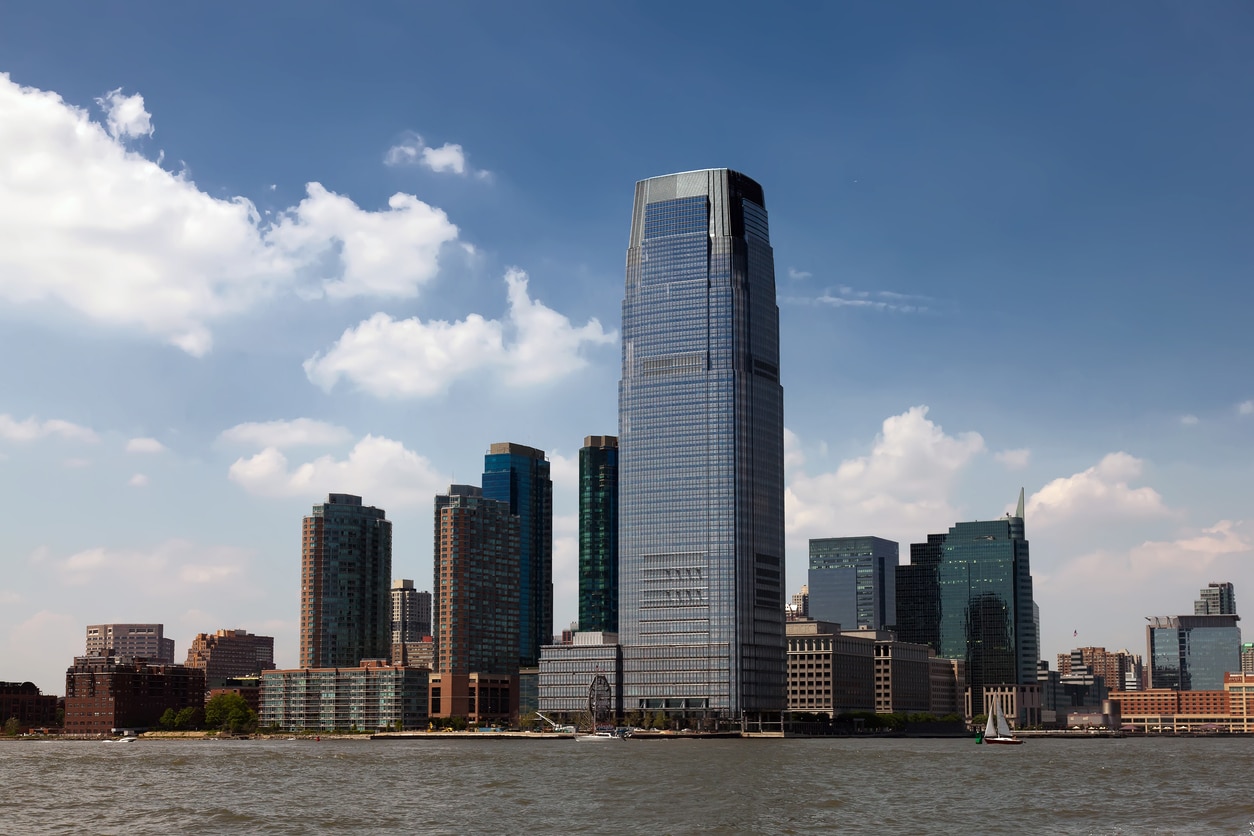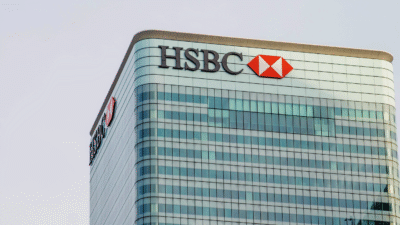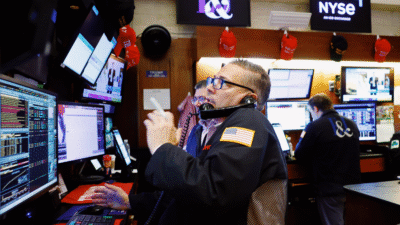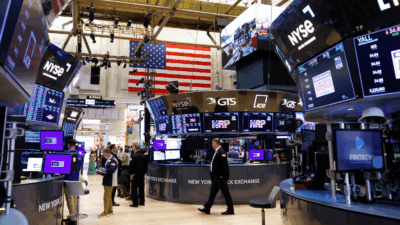
Sign up for smart news, insights, and analysis on the biggest financial stories of the day.
Goldman Sachs said Thursday that it is buying Dutch firm NN Investment Partners for $1.9 billion.
It’s a two-birds-with-one-stone kind of deal — in addition to staking a claim in Europe’s massive asset management business, Goldman gains control of hundreds of millions of dollars in the nascent sustainable investing industry.
Greening Goldman’s Green
Since the U.K. voted to leave the European Union in 2016, Goldman has shifted billions in assets and hundreds of London-based staff over to Paris, Milan, Frankfurt, and Madrid. But the NN purchase is its boldest move yet on the continent, and a substantiation of where the top firms see the trajectory of investing:
- U.S. giants BlackRock and State Street are already major players in Europe, the second biggest asset management market in the world behind the U.S., with $29 trillion in assets under management. The NN acquisition gives Goldman a foot in the door, and also a big presence in Amsterdam, which has become a pronounced hub for share trading since the UK formally quit the EU in January.
- About three quarters of NN Investment’s $355 billion in managed assets are backed by environmental, social, and governance (ESG) criteria. The global market for green and social justice investments is already $35 trillion, and on pace to pass $50 trillion by 2025, according to Bloomberg Intelligence.
Get ‘Em While They’re Hot: Goldman’s purchase comes as a wave of consolidation has swept the asset management industry, with firms chasing everything from scale and exposure to growth areas like ESG and passive funds. Europe’s biggest asset manager, France’s Amundi SA, acquired Société Générale’s Lyxor in April. And in June, German financial giant Allianz said it’s winding up for an acquisition spree to bolster its $3 trillion asset management business.
Toughening Up: Goldman enters the ESG space as regulators are cracking down on firms’ tenuous claims of environmental and social responsibility; some $2 trillion in assets have had their ESG tags stripped between 2018 and 2020.











